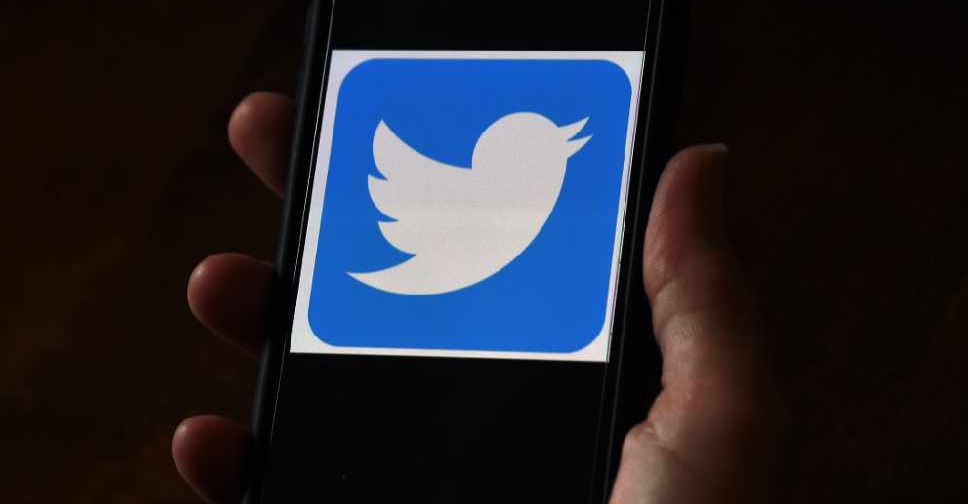
Twitter said it will start removing false or misleading tweets about COVID-19 vaccinations that could be harmful, including false claims the vaccines will intentionally cause harm.
Twitter's policy update, announced in a blog post the same week that the first Americans received COVID-19 vaccinations as part of a mass immunization campaign, also said users could be required to remove tweets with false claims about the adverse effects of receiving COVID-19 vaccines.
It also bans widely debunked misinformation about the adverse effects of receiving COVID-19 vaccines. The new policy will start to be enforced next week.
Conspiracy theories and misinformation about the coronavirus and its potential vaccines have proliferated on social media platforms during the pandemic.
Twitter said that it may also label or place a warning on tweets with "unsubstantiated rumors, disputed claims, as well as incomplete or out-of-context information" about the vaccines, starting early next year.
A Twitter spokeswoman said the company would determine with public health partners which vaccine misinformation was harmful enough to warrant removal.
Facebook Inc and Alphabet Inc-owned YouTube have both in recent weeks announced bans on false claims about the vaccine that go against information from public health experts.
Twitter previously required users to remove tweets with false or misleading information about the nature of the coronavirus, the efficacy or safety of preventative measures or treatments, official regulations or the risk of infection or death. The company says it hides such tweets and blocks users from tweeting again until they remove them.
Twitter said it would enforce the updated policy from December 21 and would expand these actions in the following weeks.




 US starts collecting Trump's new 10% tariff
US starts collecting Trump's new 10% tariff
 Nasdaq set to confirm bear market as Trump tariffs trigger recession fears
Nasdaq set to confirm bear market as Trump tariffs trigger recession fears
 Dana Gas and Crescent Petroleum exceed 500M boe in Khor Mor field
Dana Gas and Crescent Petroleum exceed 500M boe in Khor Mor field
 China to impose tariffs of 34% on all US goods
China to impose tariffs of 34% on all US goods
 Shares bruised, dollar crumbles as Trump tariffs stir recession fears
Shares bruised, dollar crumbles as Trump tariffs stir recession fears



